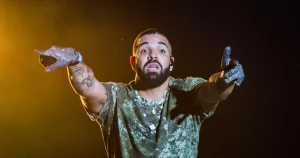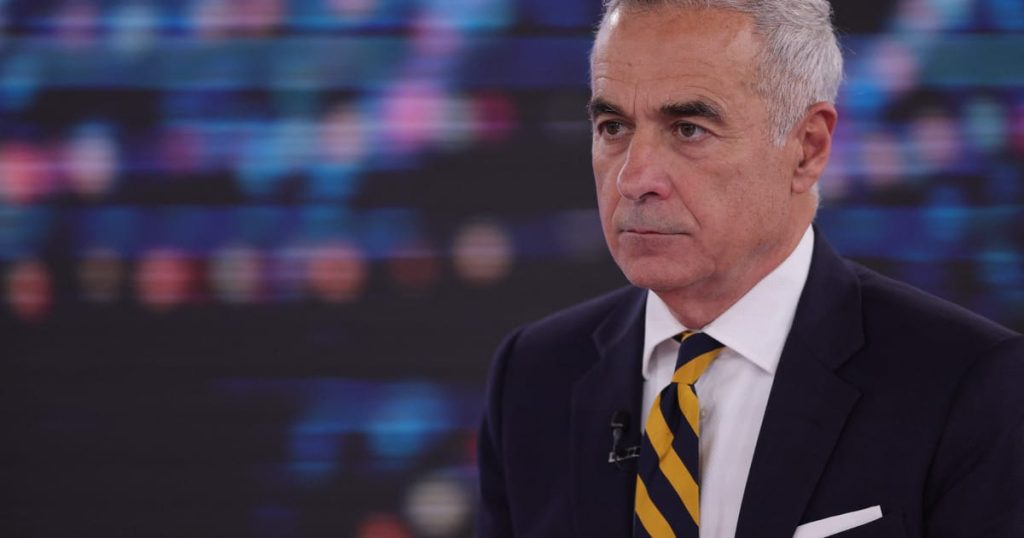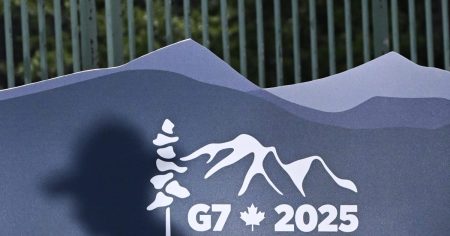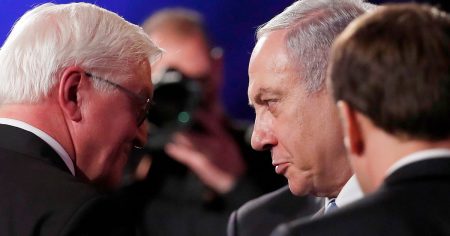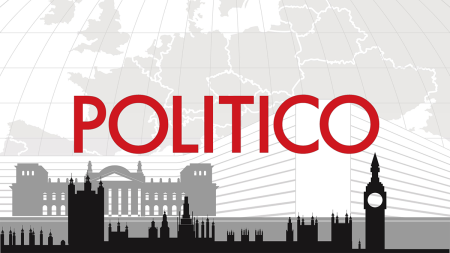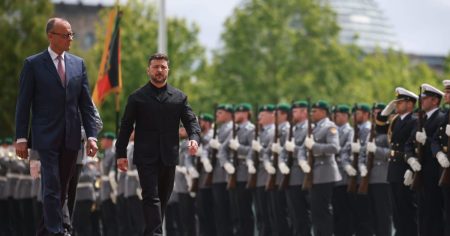Georgescu, a rising TikTok star and judo enthusiast, has managed to amass an impressive following with approximately 298,000 subscribers and 3.8 million likes on his account. His viral videos, characterized by a populist and subversive style reminiscent of controversial influencer Andrew Tate, have attracted millions of views. The content often showcases Georgescu effortlessly participating in athletic activities, such as judo and running, while adopting dramatic music and engaging subtitles. Meanwhile, during his political campaign, several social media platforms experienced an uptick in bot-associated activity, with accounts actively commenting on YouTube, Facebook, and TikTok, often targeting his political opponents to bolster his image.
In 2024, Georgescu clearly embodies the archetype of a radical right-wing populist, speaking directly to his audience while steering clear of traditional Western narratives. His reputation as a polarizing figure has been amplified by his disdain for mainstream media and a noticeably friendly disposition toward Russia, deviating from Romania’s historical skepticism towards Moscow. Notably, Georgescu has expressed support for President Vladimir Putin, suggesting that Romania could benefit from “Russian wisdom.” This stance does not appear to have hindered his popularity, even as he advocates for an end to the war in Ukraine and positions Ukrainian President Volodymyr Zelenskyy as detrimental to his nation.
Georgescu’s commentary includes robust critiques of both the European Union and NATO, arguing that Romania cannot rely on NATO for protection in case of an attack. He has called for the dissolution of U.S. ballistic missile defense systems in Romania, characterizing them as a national embarrassment and a potential catalyst for conflict. These comments reflect a growing discontent among voters, marking a departure from an established order they perceive as inept or out of touch. This sentiment has resonated with many who glance at Romania’s political landscape, fostering trust in Georgescu as a refreshing alternative.
Marius Ghincea, a political scientist at the Swiss Federal Institute of Technology in Zurich, asserts that Georgescu’s surge in popularity can be attributed largely to the public’s disillusionment with Romania’s major political parties. For several years, these parties have operated in a grand coalition since 2021, and their perceived incompetence has led to a vacuum that Georgescu has strategically filled. His approach strikes a chord with voters fatigued by the status quo, offering a sense of hope and resilience through his populist rhetoric. The dissatisfaction with traditional parties empowers fringe candidates like Georgescu to gain traction, as the electorate seeks a departure from the political norm.
The digital realm, particularly platforms like TikTok, has been instrumental in Georgescu’s rise and the dissemination of his political ideology. The quick dissemination of his videos, often carrying potent messages charged with nationalistic rhetoric, has allowed him to penetrate the political discourse amongst the youth—a demographic notably active on social media. The blending of entertainment with serious political agendas signifies a new era in campaigning, where influencers can leverage their platforms to sway public opinion. Georgescu exemplifies this phenomenon, as his athletic prowess coupled with engaging content serves to create a memorable public persona that resonates distinctly with the youth of Romania.
As the political climate continues to evolve, Georgescu’s ascent offers a telling glimpse into the future dynamics of Romanian politics, led by an increasingly engaged and online-centric electorate. His ability to capture attention and foster a community around his ideals has underlined the shifting landscape where traditional political discourse is being challenged by a more visceral and populist dialogue. In a world where digital influencers are becoming pivotal in shaping narratives, Georgescu stands as a testament to the power of social media in modern politics, reflecting broader trends and sentiments that could fundamentally alter Romania’s political framework in the years to come.
